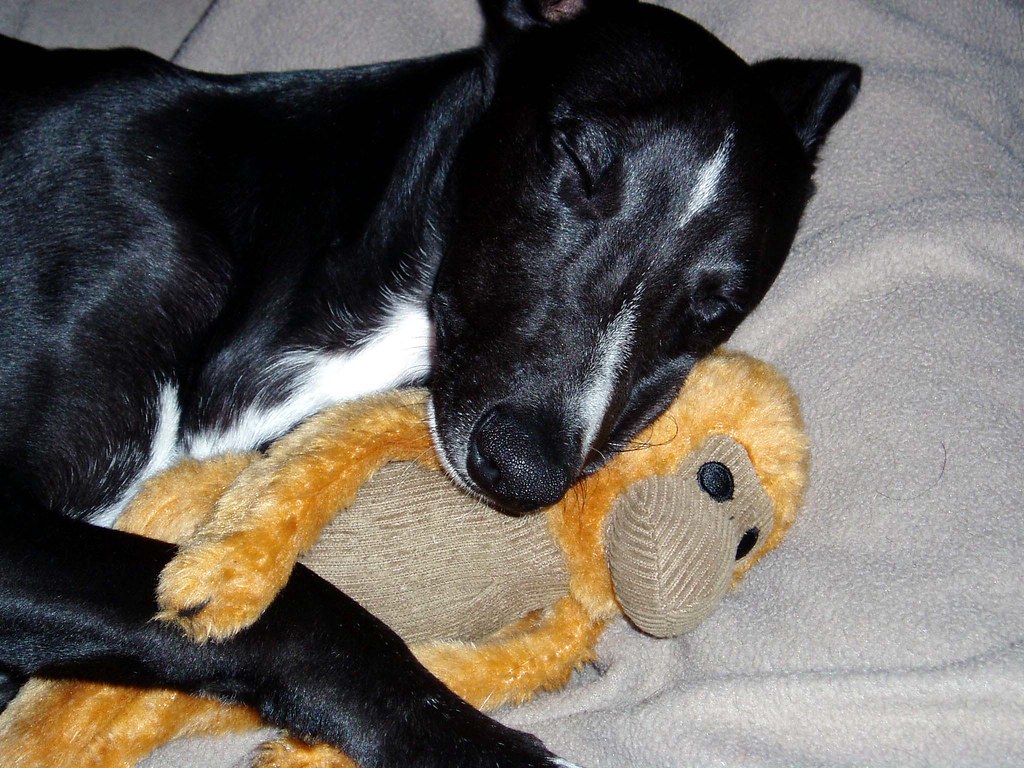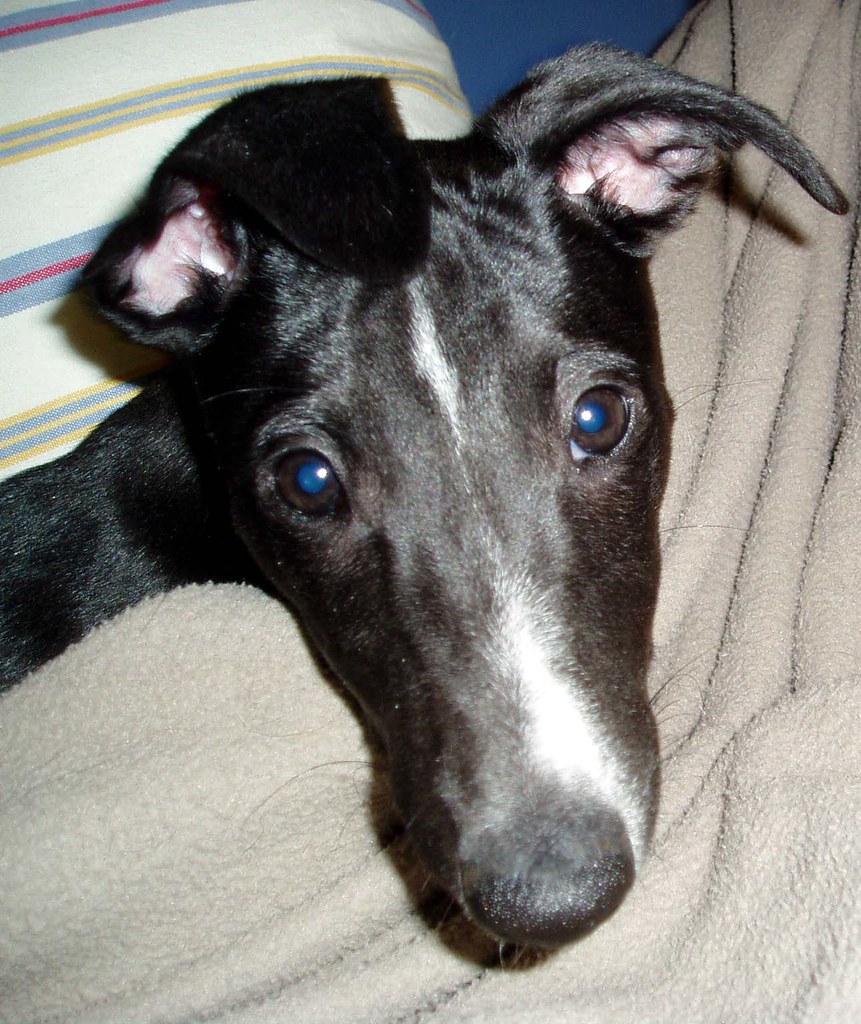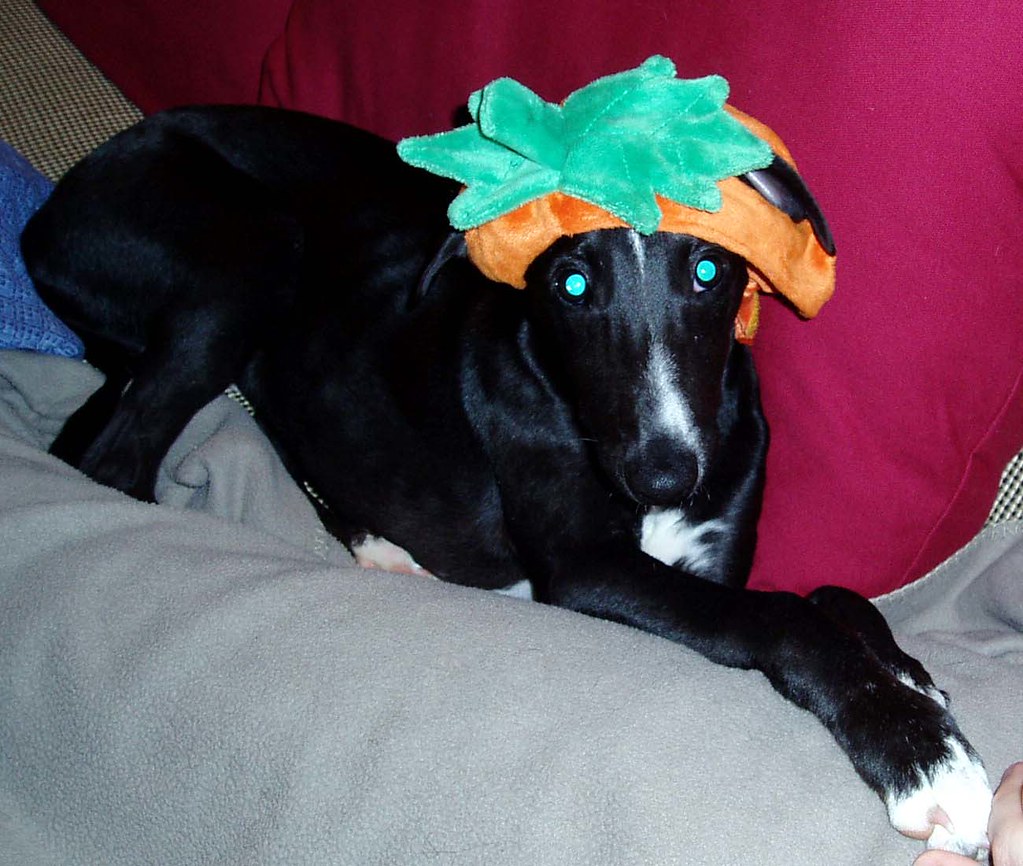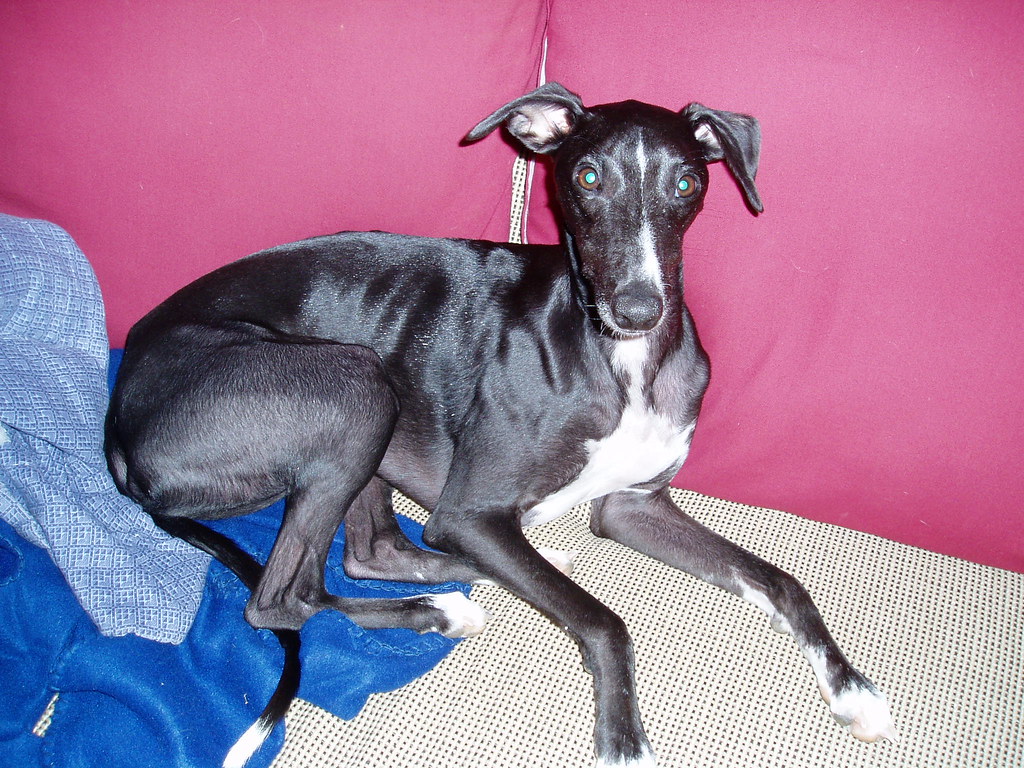Broadly speaking, I’d shy away from hounds and working dogs unless you’re prepared to manage them and keep them occupied.
I’m going to take a more general tack here.
The more learning you can acquire, the better prepared you’ll be. The thing about pets that’s stuck with me most over the years is that I get more out of a companion the more effort I put in.
Give thought to training and discipline, inside and outside time, on or off furniture, crating or not, and whether all humans in the family can agree to staying on the same page in these methods.
This is a good opportunity to do something as a family, and to get the kids involved as stakeholders in the dog’s well-being. Lay out your list of desired and undesired characteristics – understanding that all dogs are individuals and breed traits are only generalizations – and get input from the kids on what breeds interest them (but make sure they recognize that falling in love with an individual dog often trumps one’s preconceived breed preference).
Go to the library and check out books on dogs – general ones, ones on training, and ones on each breed in which you’re interested. I also strongly recommend that you look up some dog-oriented forums – both general ones and ones specific to your chosen breeds – and read, read, read.
The kids can then advocate for the types they fancy – I suggest a ten-page paper or a PowerPoint presentation! (OK, maybe that’s going too far).
Then go to shelters and/or breed-specific rescue organizations, and, for God’s sake, rescue an animal in need, don’t buy. You’re not going into breeding show dogs; you won’t need papers. Teach the kids compassion, not that love can be bought with cash. It wouldn’t hurt for the kids to be aware of the shelter crisis, depending on how old they are.
And lastly, remember you’re not “getting a dog” as much as you are “expanding the family.” The right dog with a properly educated, fully involved family can really add a lot of great experiences that will stay with the family forever.
Sailboat




 ) I love ours to pieces, but I had to give up wearing black wool coats.
) I love ours to pieces, but I had to give up wearing black wool coats.